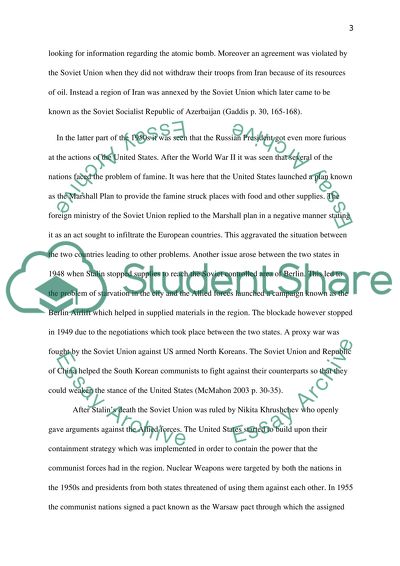Cite this document
(“Cold War History Essay Example | Topics and Well Written Essays - 1000 words”, n.d.)
Retrieved from https://studentshare.org/history/1448356-how-far-do-you-agree-with-the-view-that-the
Retrieved from https://studentshare.org/history/1448356-how-far-do-you-agree-with-the-view-that-the
(Cold War History Essay Example | Topics and Well Written Essays - 1000 Words)
https://studentshare.org/history/1448356-how-far-do-you-agree-with-the-view-that-the.
https://studentshare.org/history/1448356-how-far-do-you-agree-with-the-view-that-the.
“Cold War History Essay Example | Topics and Well Written Essays - 1000 Words”, n.d. https://studentshare.org/history/1448356-how-far-do-you-agree-with-the-view-that-the.


